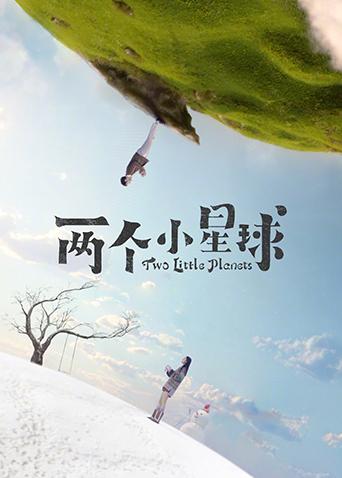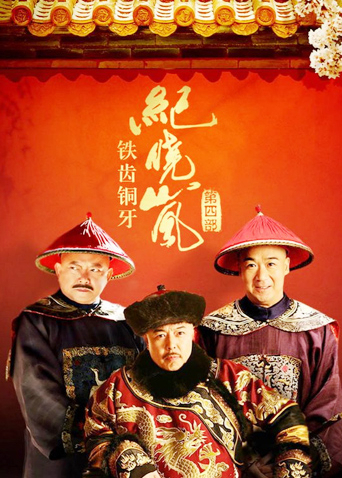影片前半部看是一出荒诞不经的嬉闹剧,欲乱艳妇岳视但在黑色幽默的底层却深深反映出了战争后期人们的厌战情绪,欲乱艳妇岳视影片后半部则感人至深,可谓深具震撼力,那个象征禁锢的棕榈树的两次被扔进大海,正象征了权利的倾覆和向往自由的呼声。

影片前半部看是一出荒诞不经的嬉闹剧,欲乱艳妇岳视但在黑色幽默的底层却深深反映出了战争后期人们的厌战情绪,欲乱艳妇岳视影片后半部则感人至深,可谓深具震撼力,那个象征禁锢的棕榈树的两次被扔进大海,正象征了权利的倾覆和向往自由的呼声。

回复 :The Seventh Bullet is a Soviet Ostern film of 1972 directed by Ali Khamraev. In the same tradition as The White Sun of the Desert and The Bodyguard, The Seventh Bullet is set after the Russian Civil War which ended in the 1920s when Soviet power established itself in Central Asia in the wake of the Basmachi rebellion. Despite this slight shift in emphasis and a post-war setting, The Seventh Bullet is closer to a typical war film than other Red Westerns because of a prominence of tactical resourcefulness in the development of the plot. Although of course this is a staple of many American Westerns from John Ford's cavalry series to the many Apache war films.Despite the restoration of Soviet power in the area, Basmachis continue to arrive from across the border, bringing death and destruction to peaceful villages. One of the bands of rebels is led by Khairulla who is pitted against the militsiya (local militia) leader Maxumov. At first it seems hopeless for Maxumov as the rebels capture most of his men, winning them over to his side. He has only one strategy left; to give himself up, and try to explain to the people that Khairulla has deceived them, turning the soldiers back to revolution. Later in pursuit of his enemy, he chases Khairulla across a river. He has only one bullet left—the seventh, and he must not miss his target!
回复 :1857年印度民族起义期间,章西女王反抗英国在印度的统治。
回复 :第二次世界大战结束不久,韩战在朝鲜半岛爆发。多灾多难的朝鲜民族经历了无数苦难,最终却被分裂成两个截然不同的国家。两种体制的对立和敌视不仅在半岛引起波澜,连同远在异国他乡的朝鲜人也受到深刻的影响。因历史原因驻留日本的朝鲜人内部也分裂成支持共产主义的“朝鲜总联”和支持资本主义的“民团”,他们为了各自的理想和目标笃定奋斗着。坚信共产主义的梁公善和康静姬夫妇在20世纪70年代将3个儿子送回平壤,由于日本与北朝鲜没有外交关系,3个儿子被禁止访问日本。亲人一别三十余载,割不断的却是血液中的骨肉亲情。在梁公善70时大寿之际,他和妻子、女儿飘洋过海辗转回到牵念的平壤和儿子们的身边……本片荣获柏林国际电影节最佳亚洲电影奖、圣丹斯电影节评委会特别奖、山形国际纪录片电影节特别奖。

